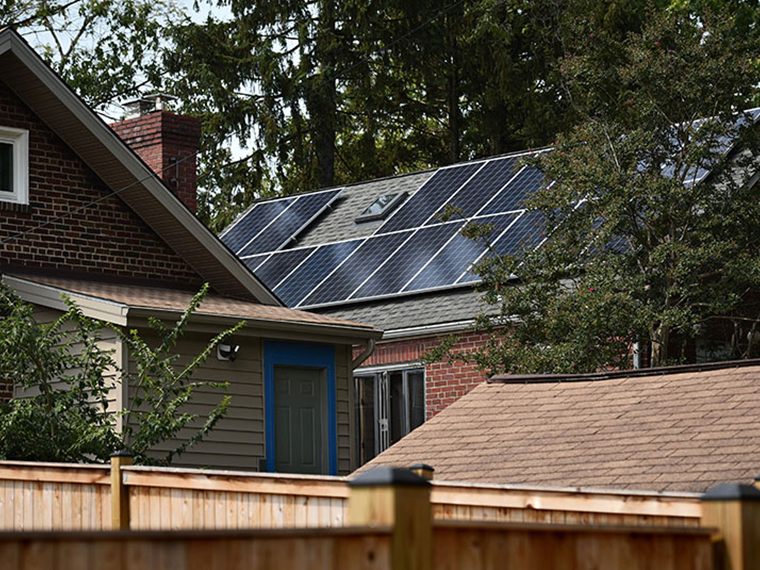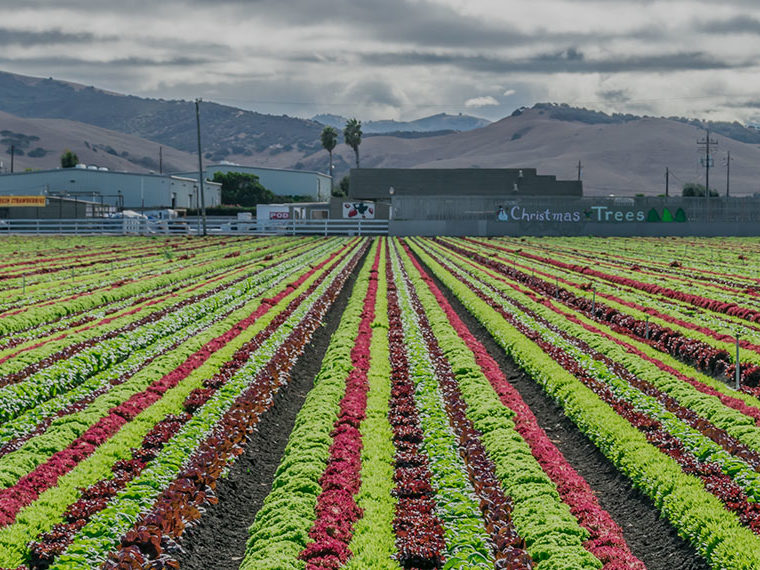Standards vary and organics capture just 4% of world market
Organic wines are a tiny, if growing, subset of the global wine market, expected to total 87.5 million cases in 2022, or 4% of world sales, according to IWSR, a market research firm.
But is the stuff good?
UCLA Anderson’s Magali Delmas and KEDGE Business School’s Olivier Gergaud set out to answer that question in a paper published in Ecological Economics. The authors analyze the ratings for more than 128,000 French wines — 8% of them from the broadly defined organic and biodynamic categories — published in three leading French wine publications.
Two of the publications — Gault & Millau and Bettane+Desseauve — use “semi-blind” taste testing, in which experts know grape varieties and vintage, but not the labels. The third, Gilbert & Gaillard, hides all identifying information (fully blind). The analysis covers ratings from 2008 to 2015.
Opt In to the Review Monthly Email Update.
The analysis matched organic, biodynamic and reasoned wines with conventional wines of the same color, appellation (which refers to where the grapes are grown and the type of wine), region and varietal. Overall, organic wines scored 6.2 percentage points above conventional ones; biodynamic wines scored even higher, 5.8 points above organics; reasoned wines performed no better, and in some cases worse, than conventional wines.
- What counts as organic varies from region to region. The U.S. Department of Agriculture requires that, to be certified organic, a wine must be made with grapes grown without synthetic pesticides or fertilizers and using yeasts and other additives that are organic. It also forbids the use of added sulfites, a preservative that helps stabilize flavor and reduce unwanted odors. (Naturally occurring sulfites are allowed.)
- The European Union has the same general requirements but allows some added sulfites.
- The lack of added sulfites in U.S. organic wines may account for some wine marketplace concerns about quality; without preservatives, a wine is likelier to go “off” sooner. The USDA even has a separate certification for wines “made with organically grown grapes” that permits added sulfites.
- Biodynamic wines are a separate category. They’re produced without artificial fertilizers and pesticides and follow even more stringent farming practices. Biodynamic wineries, based on principles developed in the 1920s by Austrian philosopher Rudolf Steiner, stress the creation of a self-sufficient and healthy ecosystem. Many raise livestock for fertilizer, and they water, prune and harvest according to lunar and astrological cycles. Some added sulfites are permitted. Wines that follow these principles are certified by independent organizations, such as Demeter International and Biodyvin, not by governments.
- France has a third group of wines that falls between conventional and organic. Producers practice what they call “reasoned agriculture,” which claims to use more sustainable and less environmentally harmful methods but lacks the imprimatur of organic or biodynamic third-party certification.
What accounts for the strong performance of organic and biodynamic wines in the study? Some wine experts contend that these wines have higher “aromatic purity” because, in conventional wines, pesticide residues can leave a hint of chlorine in the bouquet. Biodynamic producers say their practices enhance a vineyard’s natural “terroir,” the characteristic taste imparted by a wine’s environment.
Ratings were higher, relative to conventional wines, for more recent vintages of organic and biodynamic wines. That suggests that the organic/biodynamic winemakers are getting better at their craft.
The poor performance of self-certified “reasoned” wines is harder to explain. If green viticulture practices do produce higher quality wines, the quality of these wines ought to fall somewhere between that of conventional and organic ones. One possibility, the authors suggest, is that self-certified “reasoned” winemakers don’t actually use environmentally friendly methods.
“Winemakers could use this label to hide practices that are worse than conventional practices,” the authors write. “This could be then a greenwashing technique, used to contest the sustainable category.”
It’s a point in favor of standardized eco-labeling. “The positive link between sustainable practices and quality is only valid when associated with third-party certification,” the authors write.
Featured Faculty
-
Magali Delmas
Professor of Management; Faculty Director, Impact@Anderson
About the Research
Delmas, M., and Gergaud, O. (2021). Sustainable Practices and Product Quality: Is There Value in Eco-Label Certification? The Case of Wine. Ecological Economics.






